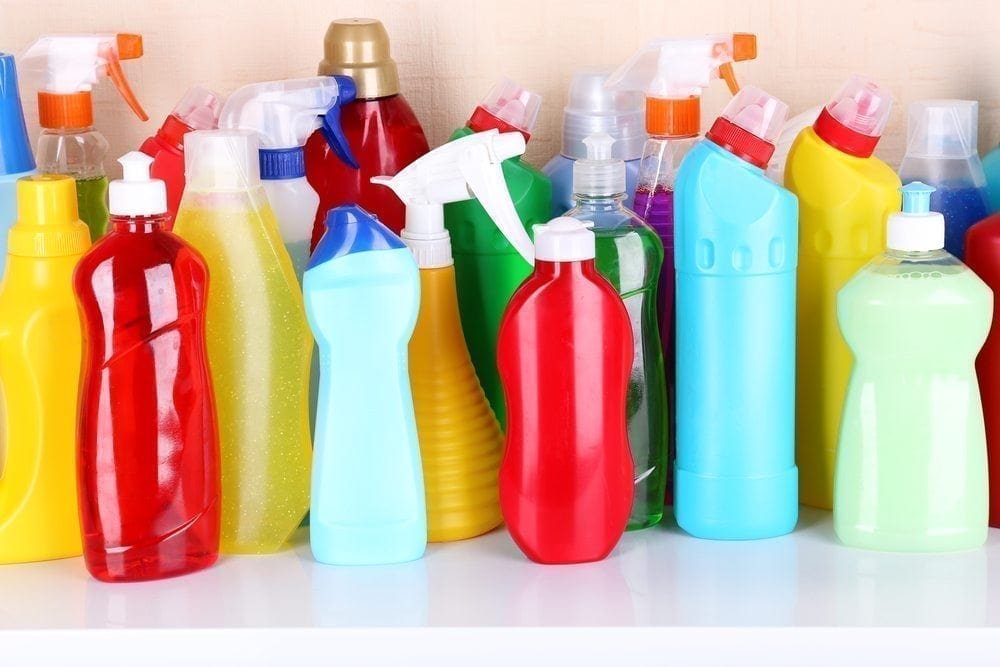Analysis of the blood samples showed that almost one in four of the employees (23%) had specific antibodies to the genetically modified enzymes to which they were routinely exposed during working hours.
Alpha amylase produced the highest levels of sensitisation, with antibodies showing up in 44% of workers exposed to it, followed by stainzyme (41%), pancreatinin (35%), savinase (31%), papain (31%), ovozyme (28%), phytase (16%), trypsin (15%) and lipase (4%).
Alpha amylase, stainzyme, and pancreatinin are predominantly used in detergents, cleaning products and home care products. The highest levels of antibodies, up to 110 kU/l, were found among those occupationally exposed to phytase, xylanase, and glucanase.
Job-related illness
Some 134 of the total sample were tested for skin reactions and lung power, and quizzed in detail about other potential risk factors, including smoking history, and symptoms such as allergic rhinitis, conjunctivitis, asthma, wheeze, cough, shortness of breath and fever.
More than one in three of this group (36%) said they had symptoms of rhinitis or asthma that were related to their job, and they were more than twice as likely to have high antibody levels than workers who didn’t have symptoms.
The researchers admit that their study was hampered by commercial secrecy, which prevented them from gaining access to the formulations used.
Nevertheless, they conclude that, ‘Genetically engineered enzymes are potent allergens eliciting immediate-type sensitisation… The assessment of allergenicity should be mandatory for all new products… Enzymes should be tested like any other potentially hazardous chemical.’
Click here to read the research, ‘Sensitising effects of genetically modified enzymes used in flavour, fragrance, detergence and pharmaceutical production’.
 Play Video about This Rock Might Just Save The World
Play Video about This Rock Might Just Save The World Play Video about Play 2 hours of rock
Play Video about Play 2 hours of rock Play Video about Play 2 hours of brook
Play Video about Play 2 hours of brook Play Video about Play 2 hours of sheep
Play Video about Play 2 hours of sheep










































